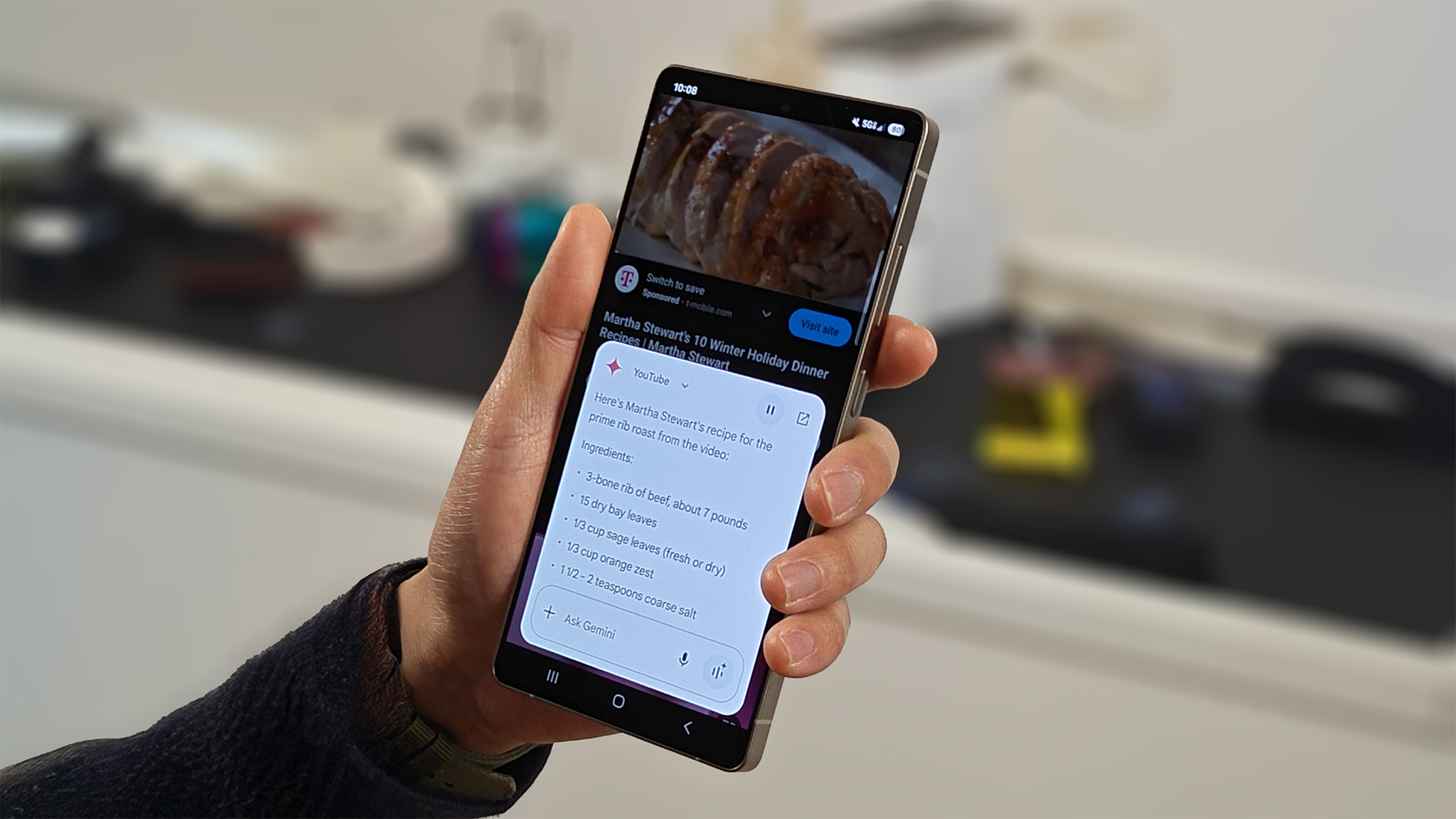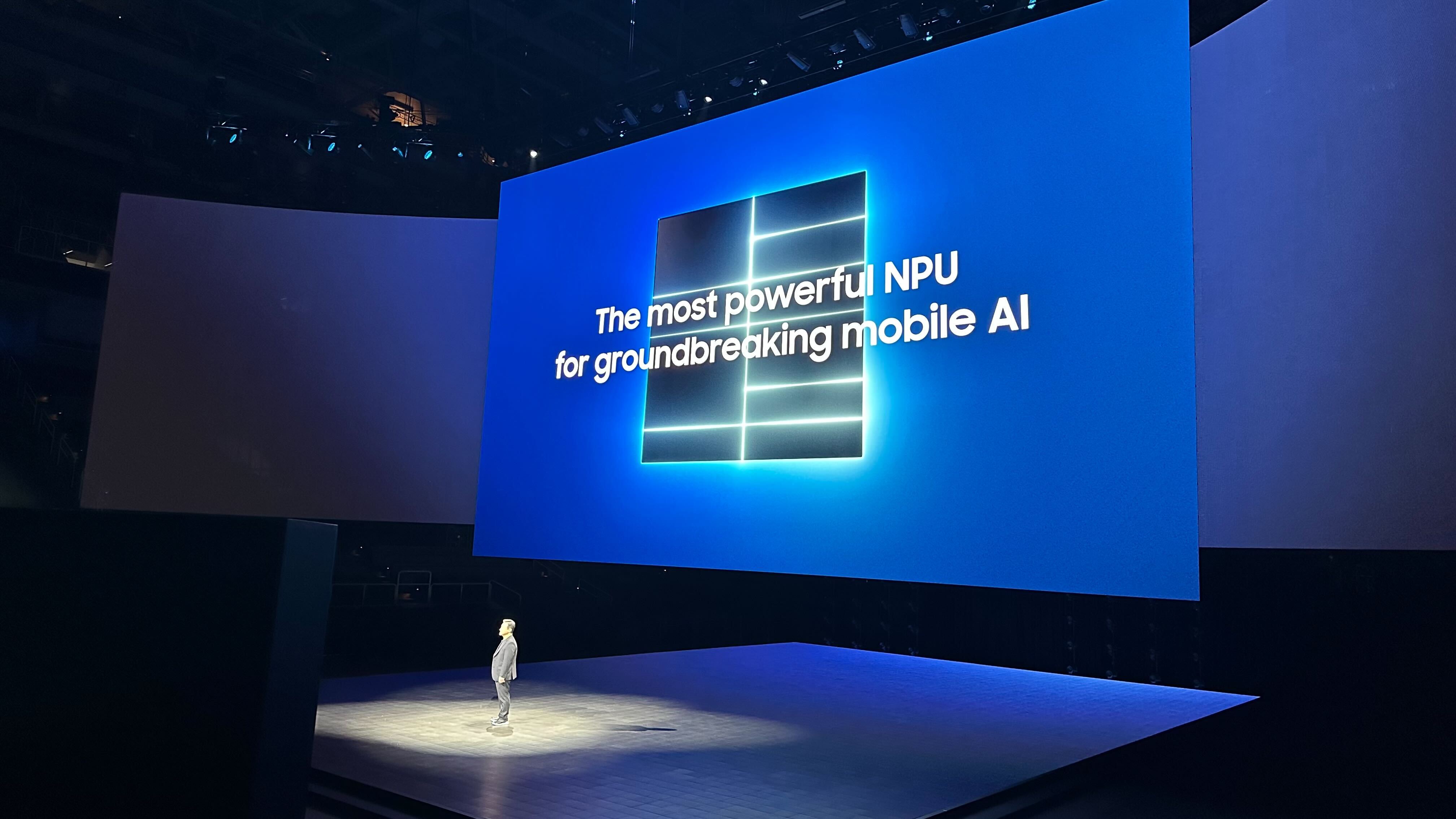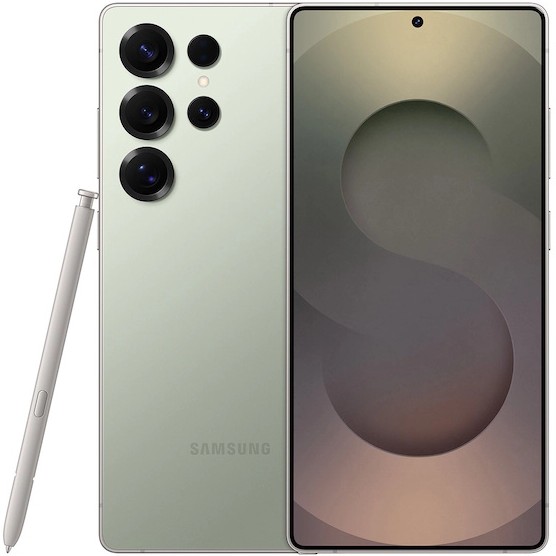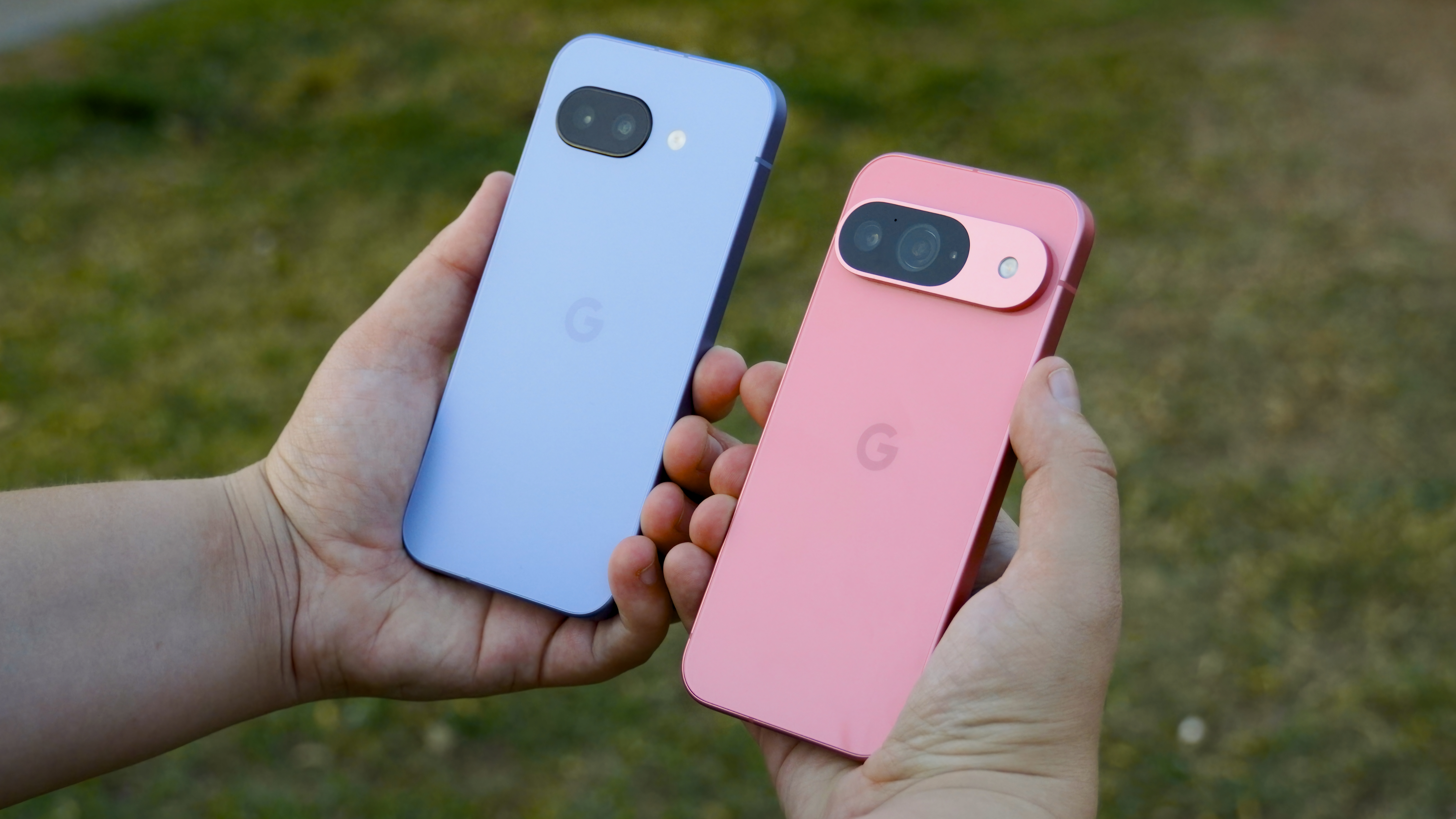7 years of updates aren't what you think they are and Samsung just proved it
Hardware is forever.

A Samsung EVP (Executive Vice President) has pretty much confirmed that the Galaxy S24 will miss out on multiple One UI 7 (Android 15) features because they are designated as "hardware reliant." You shouldn't be surprised about this. Disappointed, maybe, but not surprised.
This highlights something most people aren't thinking about — a company can support a phone for seven years, but it can't make newer features work on older hardware every time. Seven years of updates doesn't really mean what you think it means.

One of the web's longest-running tech columns, Android & Chill is your Saturday discussion of Android, Google, and all things tech.
This is not a bad thing, even if it feels like a bad thing. Samsung explains that many of the AI features depend on what Samsung calls the Personal Data Engine and that engine isn't supported on older chips; it needs the Snapdragon 8 Elite in order to work properly.
We'll see more of this as Agentic, or "thinking" AI features, are developed, and you should expect to see some features on the Galaxy S26 that will not come to the S25. And that's OK.
You should not buy a phone because you expect something in the future. A phone should do everything it is advertised to do, be mostly bug-free, and be supported to do those things as long as possible. Having seven years of support means your phone will probably outlast your battery.
This isn't a Samsung thing. It's not even an Android thing. We're seeing the exact same from Google with the Pixel series and there will be multiple features that can't be used on the older hardware. The iPhone is the same, with iOS features becoming more hardware-dependent as AI is further integrated into the operating system.

I love this. You might not, and we can disagree, but knowing that a phone I buy in 2025 will still be supported and perform as expected in 2030 is excellent. I do not expect any new features and the ones that are developed are a bonus. Hopefully, any new features work as they should.
Be an expert in 5 minutes
Get the latest news from Android Central, your trusted companion in the world of Android
Phones are at a point where hardware is only a limiting factor when companies leverage those small incremental features they bring. Even more so when a company develops its own chip — either a full SoC package or custom coprocessors — that have a specific use.
Apple is a great example — the A16 Bionic inside the iPhone 15 is as powerful as the chip that powers a typical laptop. It should be able to handle anything iOS has to offer. It's limited when it comes to AI because Apple dedicated parts of the newer chip to perform these functions.

The Snapdragon or Tensor chip isn't nearly as powerful when it comes to raw processing, but they are more than a CPU, and parts of the chipset are doing very specific things. These parts just aren't inside older phones.
Forcing new features to work with "inferior" hardware would only make the features worse. Engineers love to develop new stuff and want everyone to use it, and phone makers love to lock new features behind the purchase of a new phone, but the reality is that sometimes there are real reasons why an older model can't do what it needs to do.
What's really important is that phone manufacturers are beginning to realize (or care) that we don't need to buy a new phone every year or even every two years. Some of us don't want to. I doubt very many people will use the same phone for seven years — even I would upgrade before then — but knowing that you could is awesome.
Now, we just need every phone maker to get on board and provide customer service as long as Samsung, Google, and Apple do, even if it means some of the new flashy stuff won't be included.

Ultra-powerful
The Galaxy S25 Ultra is Samsung's latest flagship, with all the bells and whistles you think you might need, like a powerful chipset, a 200MP quad-camera system, and a built-in stylus. The Snapdragon 8 Elite powers Galaxy AI features that older phones just can't handle.

Jerry is an amateur woodworker and struggling shade tree mechanic. There's nothing he can't take apart, but many things he can't reassemble. You'll find him writing and speaking his loud opinion on Android Central and occasionally on Threads.
You must confirm your public display name before commenting
Please logout and then login again, you will then be prompted to enter your display name.
